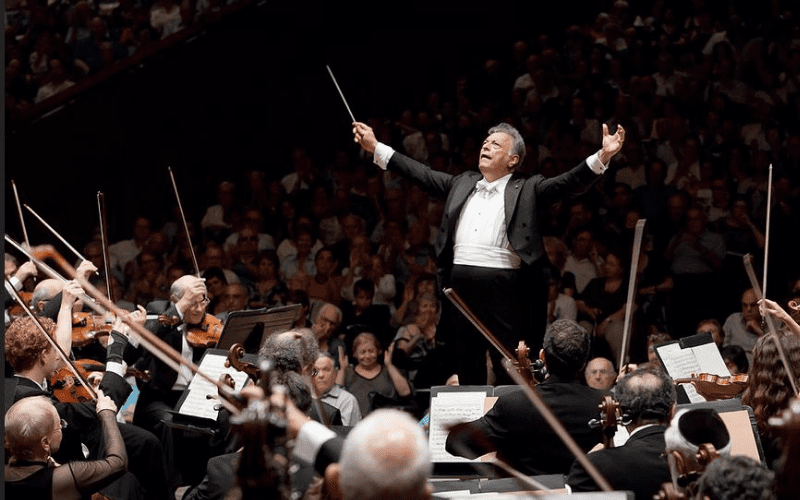What Does A Conductor Do?
In the mesmerizing world of orchestral music, where harmony meets melody in a symphony of sound, there exists a figure who wields not an instrument but a baton, guiding the ensemble through the intricate passages of a musical score. This figure is the conductor, a maestro of sorts who shapes the collective effort of talented musicians into a cohesive and emotive performance. But what exactly does a conductor do? Beyond the graceful movements and authoritative presence on the podium lies a multifaceted role that is both technical and artistic, blending leadership with interpretation, precision with passion.

At first glance, the conductor's primary function may seem straightforward: to keep time and ensure that the orchestra plays together. While this is undoubtedly a crucial aspect of their role, it represents only the tip of the iceberg. A conductor is the nexus between composer, musicians, and audience, responsible for translating the composer's vision into a living, breathing rendition of the music. This entails a deep understanding of the score, its historical context, and the nuances of musical interpretation.
What Does A Conductor Do?
Before a single note is played, the conductor delves into the score with scholarly fervor, studying every dynamic marking, tempo indication, and expressive directive. They become intimately familiar with the composer's intentions, striving to unearth the underlying narrative and emotional landscape of the music. Through this meticulous analysis, the conductor gains insight into the structural framework of the piece, identifying key themes, transitions, and points of tension and release.
Armed with this knowledge, the conductor steps onto the podium not merely as a timekeeper but as a storyteller, using gestures, facial expressions, and body language to convey the subtleties of the music to the orchestra. Every flick of the wrist, every lift of the baton is imbued with meaning, signaling changes in dynamics, articulation, and phrasing. Through these gestures, the conductor shapes the ebb and flow of the music, guiding the ensemble through its peaks and valleys with precision and nuance.
But the conductor's role extends beyond technical proficiency; it encompasses a profound sense of leadership and inspiration. Like a captain steering a ship through stormy seas, the conductor must command the respect and trust of the orchestra, fostering a collaborative environment where creativity can flourish. This requires not only musical expertise but also interpersonal skills, as the conductor must navigate the diverse personalities and egos within the ensemble, fostering unity and cohesion.
Moreover, the conductor serves as a conduit for the collective emotions of the orchestra, channeling their passion and energy into a unified expression of artistic vision. In rehearsal, they serve as both coach and mentor, offering guidance and feedback to individual musicians while nurturing a sense of collective ownership over the music. Through their infectious enthusiasm and unwavering dedication, the conductor inspires the orchestra to reach new heights of excellence, pushing the boundaries of their artistic potential.
On the concert stage, the conductor's role reaches its pinnacle as they stand before the audience, poised to unleash the full force of the orchestra's talent and creativity. In that moment, they become the embodiment of the music, channeling its power and beauty through their gestures and interpretation. With each sweep of the baton, they breathe life into the notes on the page, transporting listeners on a transcendent journey through sound and emotion.
If you are interested in learning music check out our Music Lessons in Tulsa.
In essence, what does a conductor do? They do far more than wave a baton or keep time; they are the custodians of musical tradition, the architects of sonic landscapes, and the stewards of artistic expression. Through their leadership, insight, and passion, conductors illuminate the human experience in all its complexity, forging connections that transcend language and culture. In the grand tapestry of orchestral music, the conductor stands as a guiding light, illuminating the path forward with every graceful movement and impassioned gesture.
If you like this check out our article: What Does A Composer Do?
